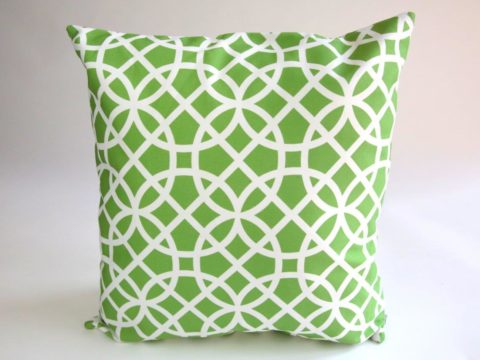William Shakespeare: Life Story
Chapter 7 : Business
During 1607, Shakespeare’s brother Edmund, also an actor, although lacking his brother’s genius, died and was buried in Southwark. But if Shakespeare mourned his brother he could take comfort in the birth of a grandchild in February 1608. His elder daughter Susanna had married Doctor John Hall, a physician who had a lucrative practice amongst the gentry of Warwickshire. Within the year Shakespeare’s mother, too, had died.
In 1608 Shakespeare and his fellow shareholders in the King’s Men leased another theatre at Blackfriars. Although its seating capacity was only around 700, it was roofed, which gave them the opportunity to have a winter as well as a summer season. Shakespeare owned one of the six shares for which he paid £5.14 4d. It proved to be significantly more lucrative than the Globe.
Shakespeare’s sonnets first appeared in print in 1609 – they were not published by the poet himself, but by Thomas Thorpe, who charged 5d per copy. How Thorpe obtained the sonnets, and what Shakespeare thought of the matter are completely unknown. The dedication, to Mr W.H. has inspired four hundred years of speculation – as have the contents of the sonnets themselves. Were they autobiographical? Who are the youth, the lady, and the rival? Theories abound but no evidence can be adduced.
On 1 November 1611 Shakespeare’s last play was performed for the King.The Tempest was based on accounts of a the shipwreck of the Sea Adventure – one of a fleet belonging to the Virginia Company which encountered storms en route to Jamestown Virginia. Nearly a year after the other ships, the crew and passengers finally appeared in Jamestown, having run aground in Bermuda.
So far as is known, The Tempest was Shakespeare’s last individual work although it has been suggested, based on some rather obscure reading of the words ‘shake’, and ‘spear’ within the within the 46th psalm, that Shakespeare was involved in the Authorised Version of the Bible published in 1611. One might pour cold water on the notion by pointing out that both ‘shake’ and ‘spear’ are fairly common words. Nevertheless it’s not impossible that a man of such acknowledged talent might have been involved in the major work of the day, although he is not named in any of the committees, and it might well have been considered that the Bible was far too sacred to be handled by a playwright.
In the years 1612 and 1613, Shakespeare’s two remaining brothers died, leaving only Shakespeare himself and his younger sister Joan.
In 1613, Shakespeare was commanded to write a new play to celebrate the marriage of King James’s daughter, Elizabeth, to Frederick, the Elector Palatine. He collaborated with the up-and-coming playwright, John Fletcher, and perhaps others, to produce Henry VIII – by no means his finest work but of course of great interest to lovers of Tudor history. Henry VIII contains a good deal of pageantry and has more complex and complete stage direction than any of the other works.
This emphasis on the visual aspects of the play led to tragedy when on 29 June 1613 a performance of the play ended in the total destruction of the Globe, when a spark from one of the canon set fire to the roof. Miraculously no one was hurt, although one man’s breeches caught fire. Quick thinking, he doused himself with ale. Within the year the Globe had been rebuilt, although who paid for it is not known.
Whilst he had been in London for the writing and performance of Henry VIII, Shakespeare had been negotiating to purchase the gatehouse of the old Blackfriars monastery, possibly as an investment rather than as a home for himself. This transaction, in common with almost any land transaction that ever took place in Tudor England, involved him in litigation in the Court of Chancery.
As previously mentioned, Shakespeare does not seem to have been writing plays anymore (although Two Noble Kinsman of disputed authorship with Fletcher is sometimes attributed to this period) but he was happy to accept 44 shillings to devise the motto to be used by Francis Manners, 6th Earl of Rutland, in a tournament held to mark the 10 year anniversary of King James’s accession. His friend Richard Burbage received the same sum for painting it.





